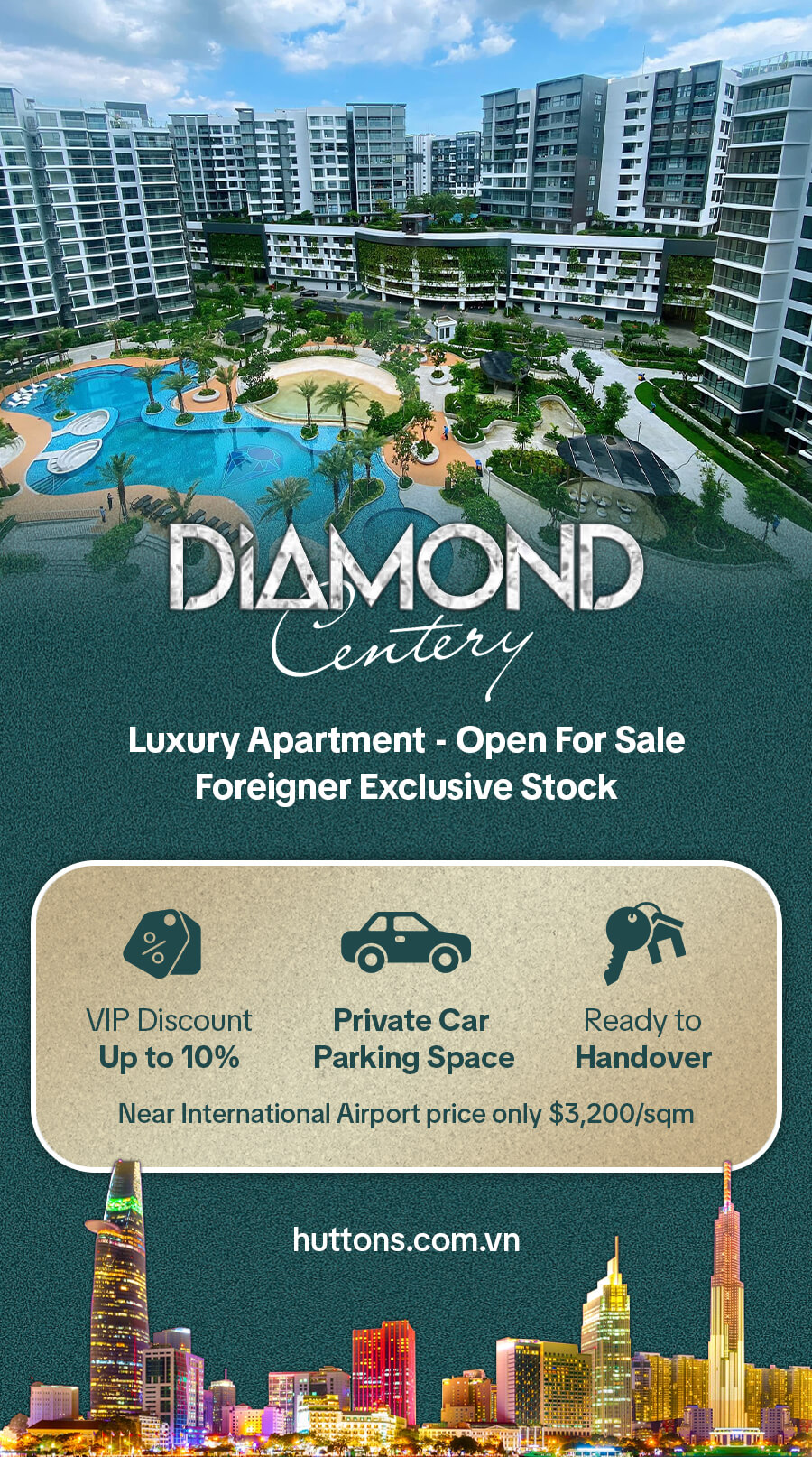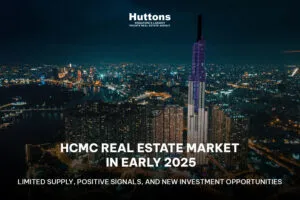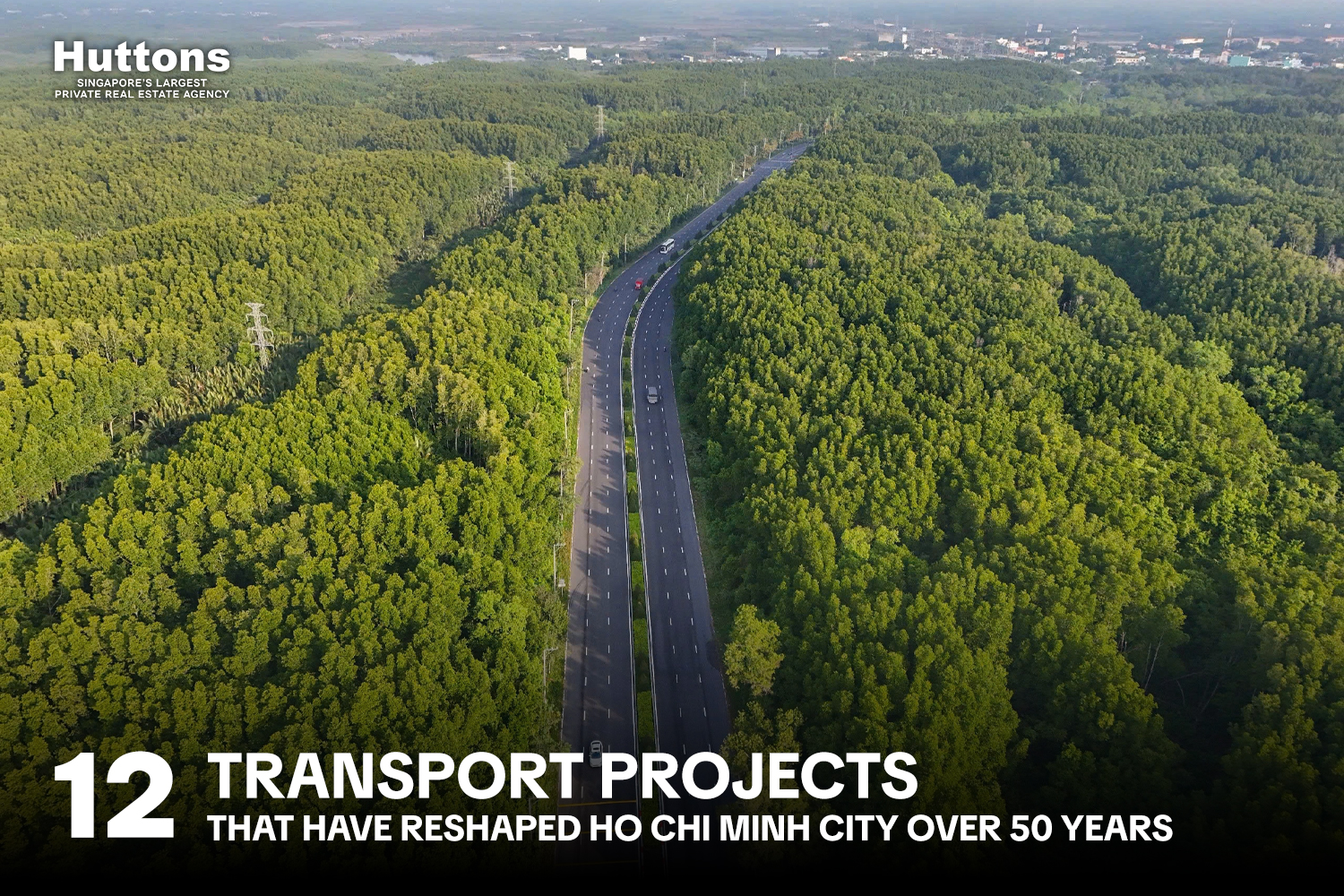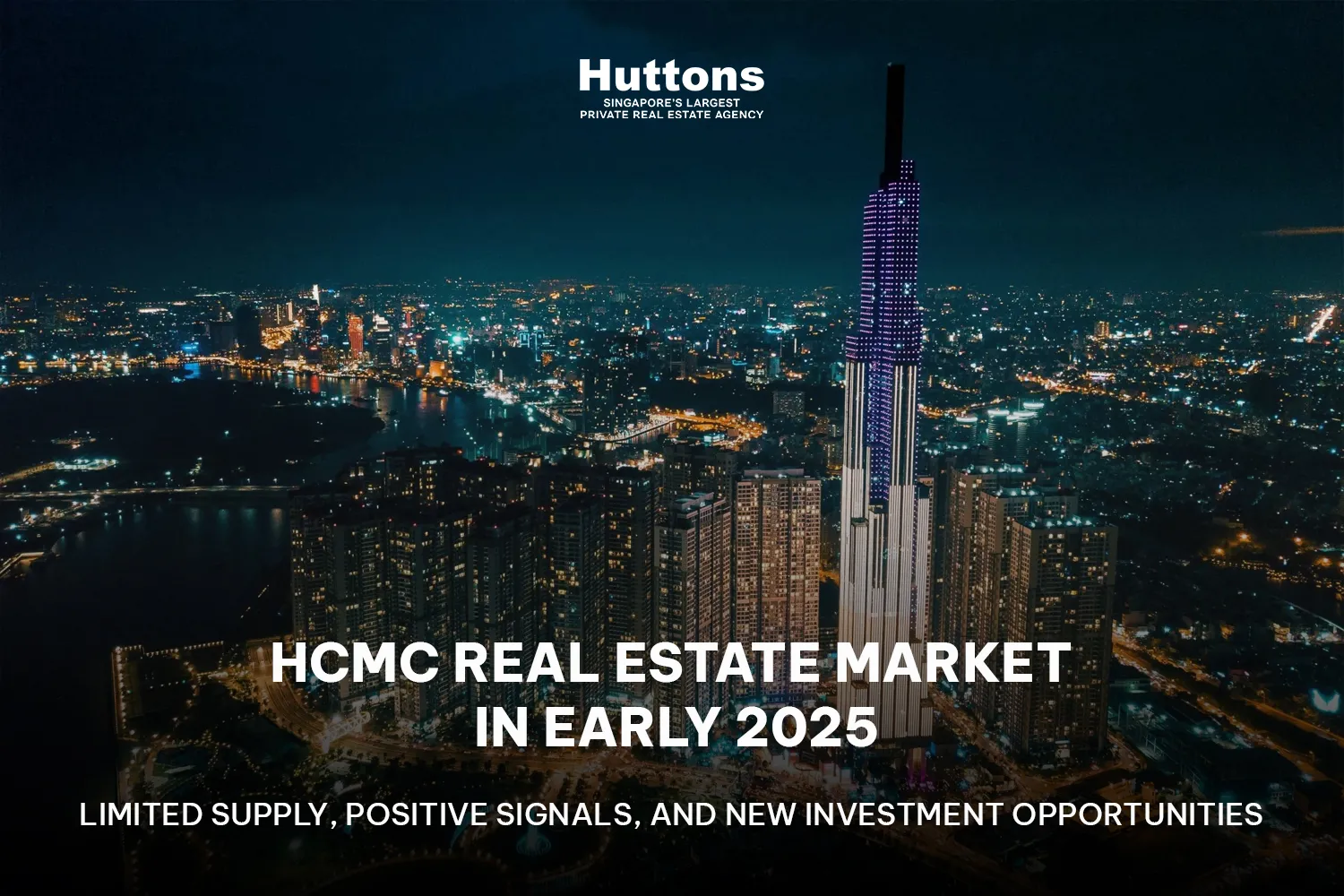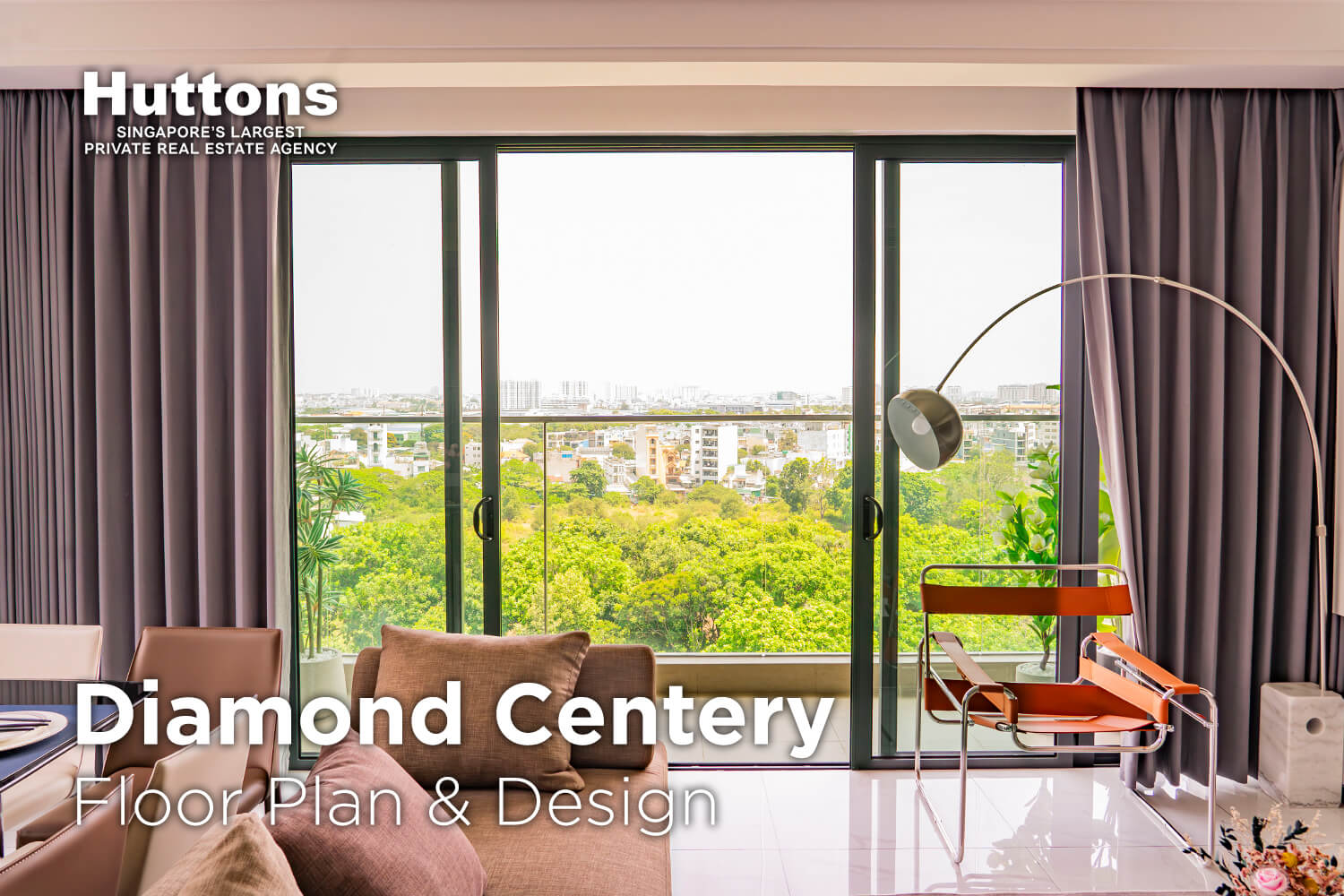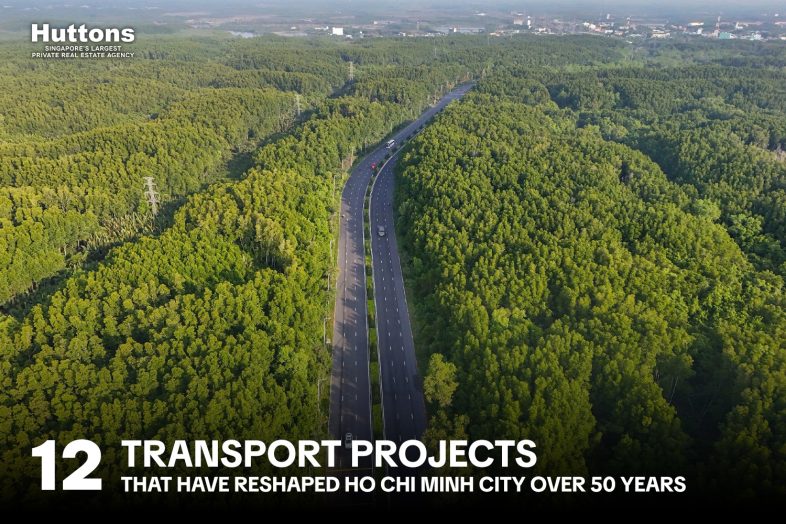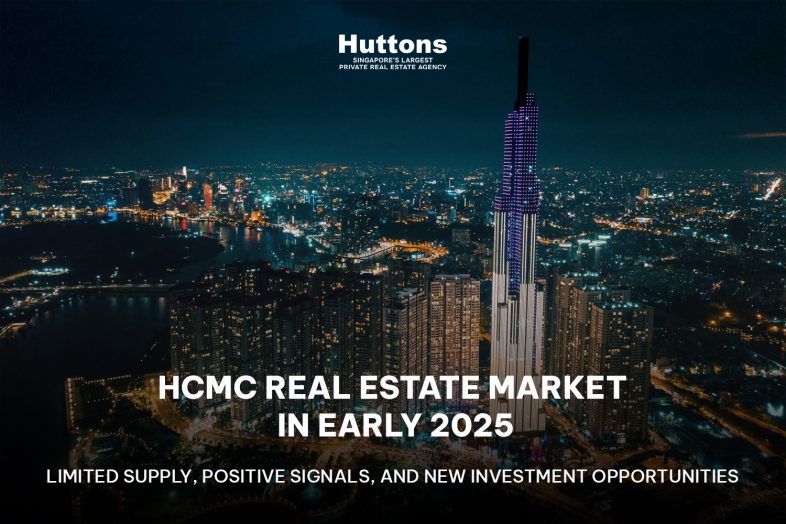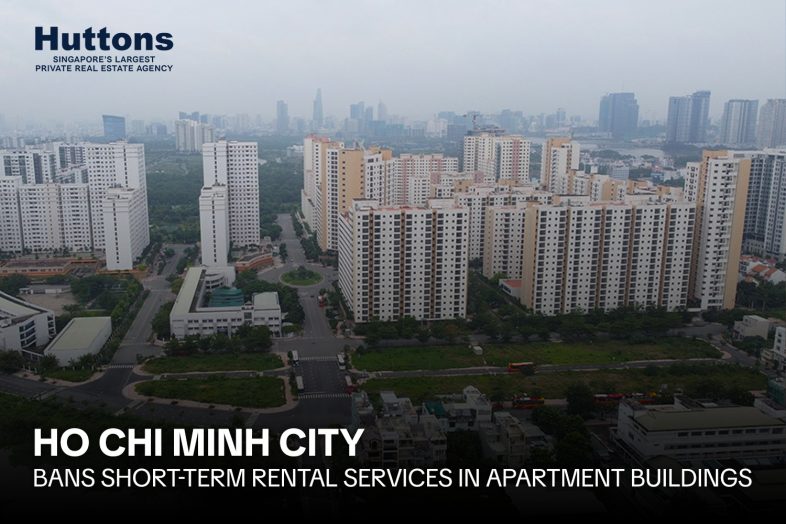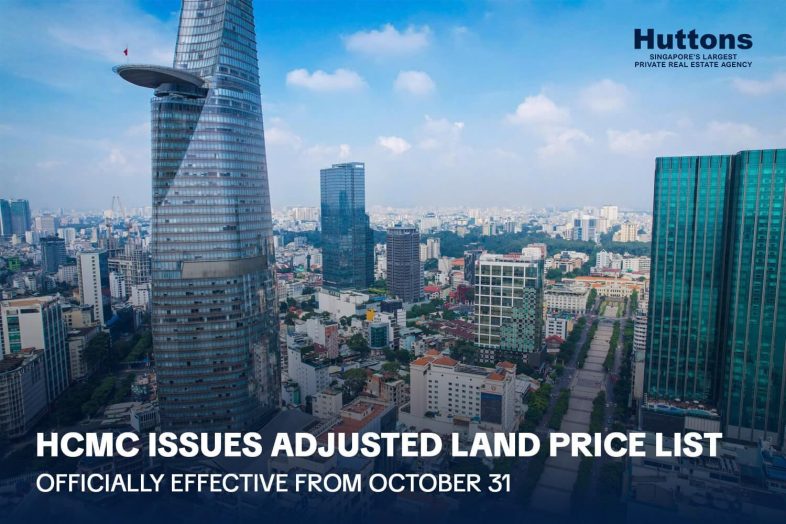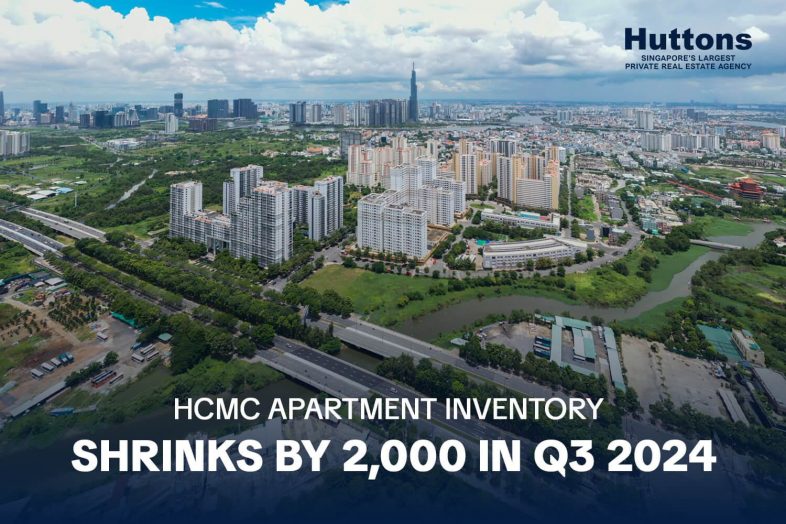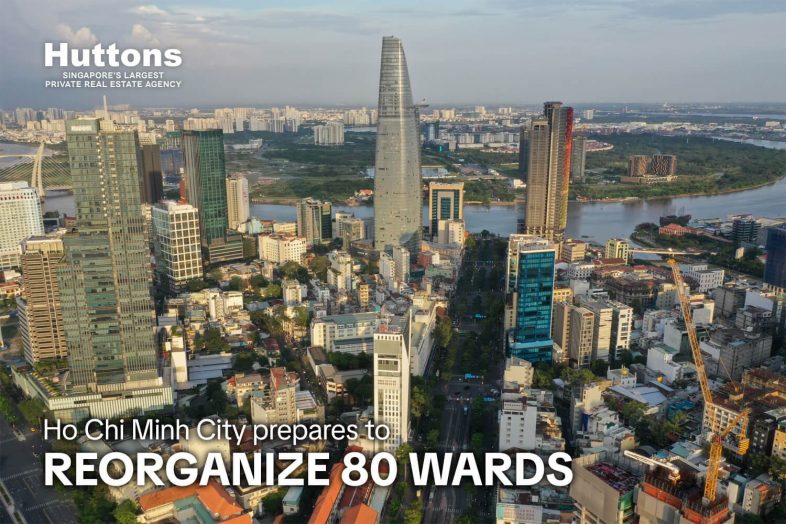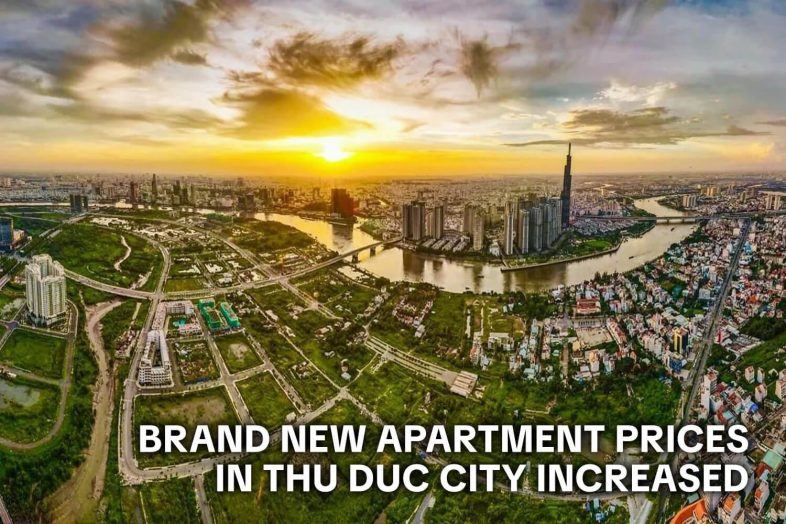The Ho Chi Minh City People's Committee has just issued a regulation completely banning the short-term rental in apartment buildings in the city. This decision aims to ensure security, order, and the rights and interests of residents living in apartment buildings.
Reasons for the ban on Short-Term Rental
The Ho Chi Minh City People’s Committee recently issued new regulations on the management and use of apartment buildings. Under these new rules, only mixed-use developments (tourism apartments) are permitted to operate short-term rental services. Purely residential apartment buildings can only be used for living purposes and cannot be leased for short-term stays on a daily or hourly basis or through rental platforms.
The Ho Chi Minh City People’s Committee recently issued new regulations on the management and use of apartment buildings. Under these new rules, only mixed-use developments (tourism apartments) are permitted to operate short-term rental services. Purely residential apartment buildings can only be used for living purposes and cannot be leased for short-term stays on a daily or hourly basis or through rental platforms.
Furthermore, operating short-term rentals in residential apartment buildings does not comply with hotel business regulations, leading to difficulties in tax collection, oversight, and the protection of legal rights for residents.
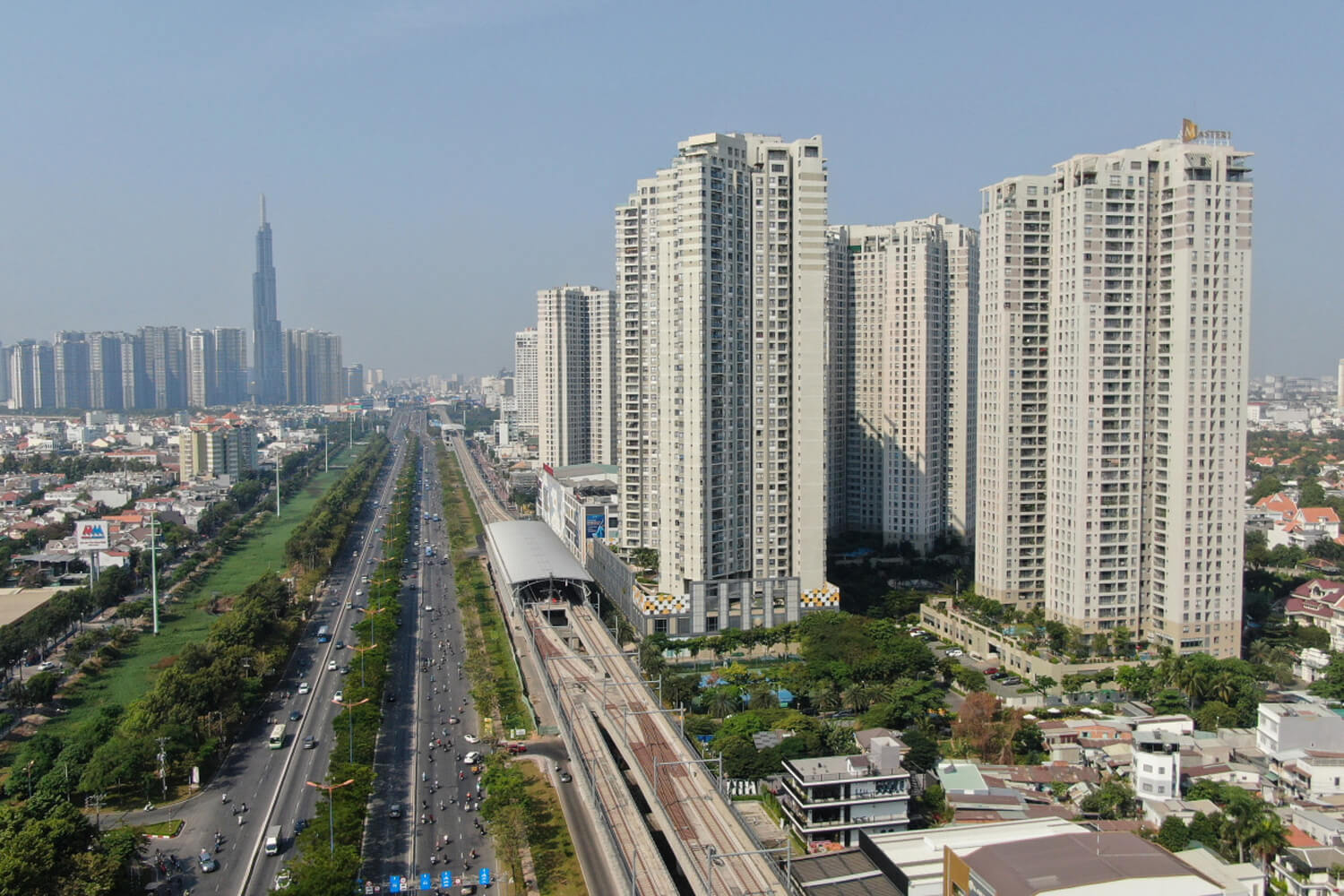
Impact of the Regulation
The new regulation will significantly impact individuals and businesses engaged in short-term rentals through platforms like Airbnb and homestays in apartment buildings. However, the HCMC government emphasizes that the primary objective is to ensure a stable and safe living environment for residents.
This regulation does not affect legally permitted tourism accommodations such as hotels, guesthouses, and licensed lodging establishments.
Specifically, mixed-use buildings with commercial-service functions and designated for tourism accommodations, along with hotels, guesthouses, and licensed lodging establishments, will still be allowed to operate. However, residential apartment buildings within residential areas will not be permitted for short-term rentals.
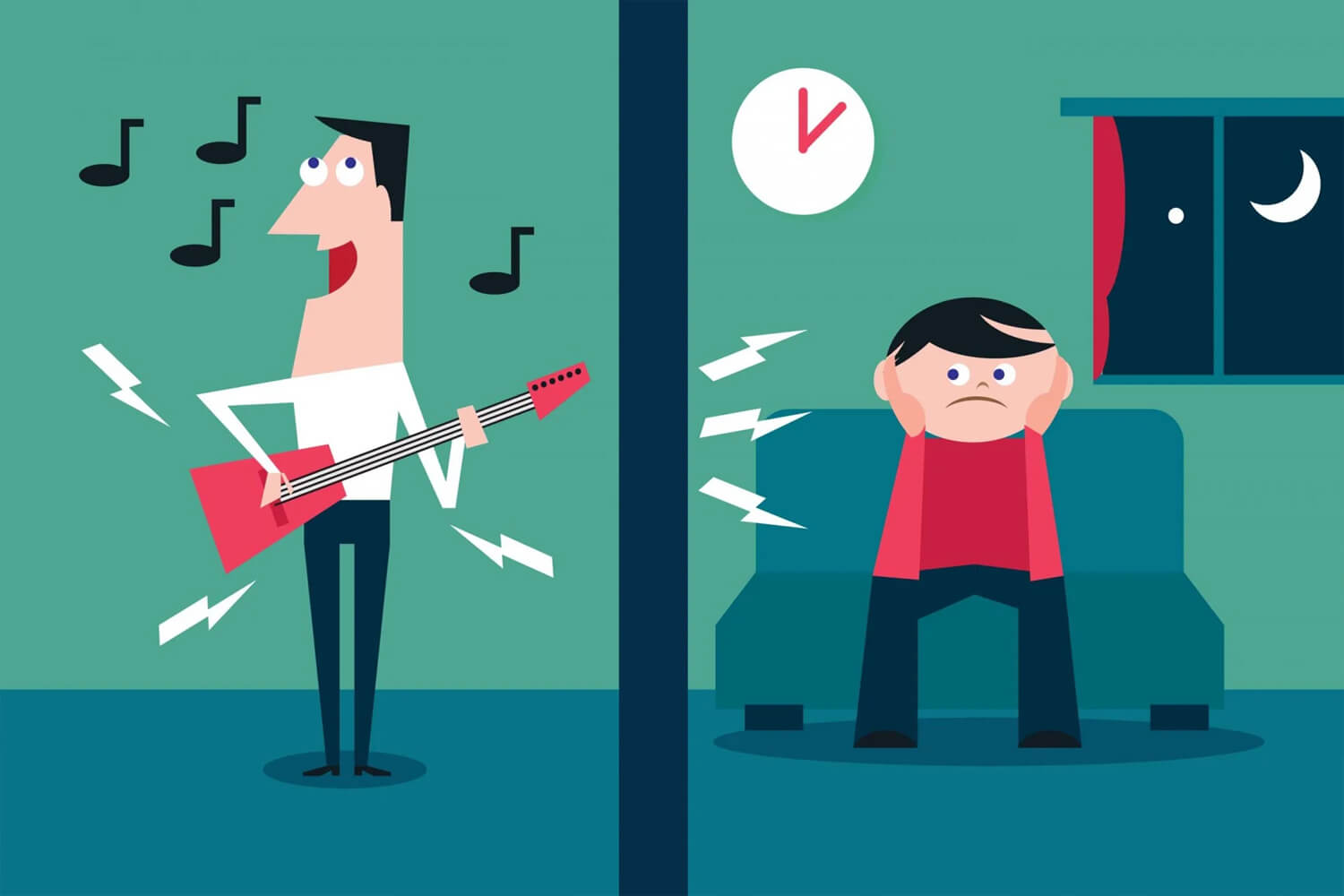
Strict Enforcement by Authorities
Businesses and individuals operating tourism accommodation services must comply with industry-specific conditions as mandated by investment and business regulations. Additionally, landlords renting out apartments for residential purposes must sign rental contracts with tenants. While notarization is not mandatory, the contract serves as a legal basis for determining responsibilities between both parties. If tenants use the apartment for any purpose other than living, they will be held accountable under the law.
The apartment building management board and the operating management unit are also responsible for monitoring compliance, ensuring that tenants adhere to building regulations, maintain security, and do not disrupt the residential community.
Violations of the new regulations will be strictly handled. Authorities will intensify inspections and impose penalties on individuals and businesses that fail to comply.
Penalties may range from warnings to fines of VND 10 million to VND 50 million, depending on the severity of the violation. In severe cases, unauthorized businesses may face suspension or termination of rental agreements. Repeated violations may lead to enforced measures.
Residents are encouraged to report violations to relevant authorities to safeguard community rights.
This regulation marks a significant shift in HCMC’s apartment management policies, aligning with the Housing Law 2023, which takes effect on August 1, 2024. The new law explicitly prohibits the use of apartments for purposes other than living, reinforcing a safer and more sustainable living environment for residents.

